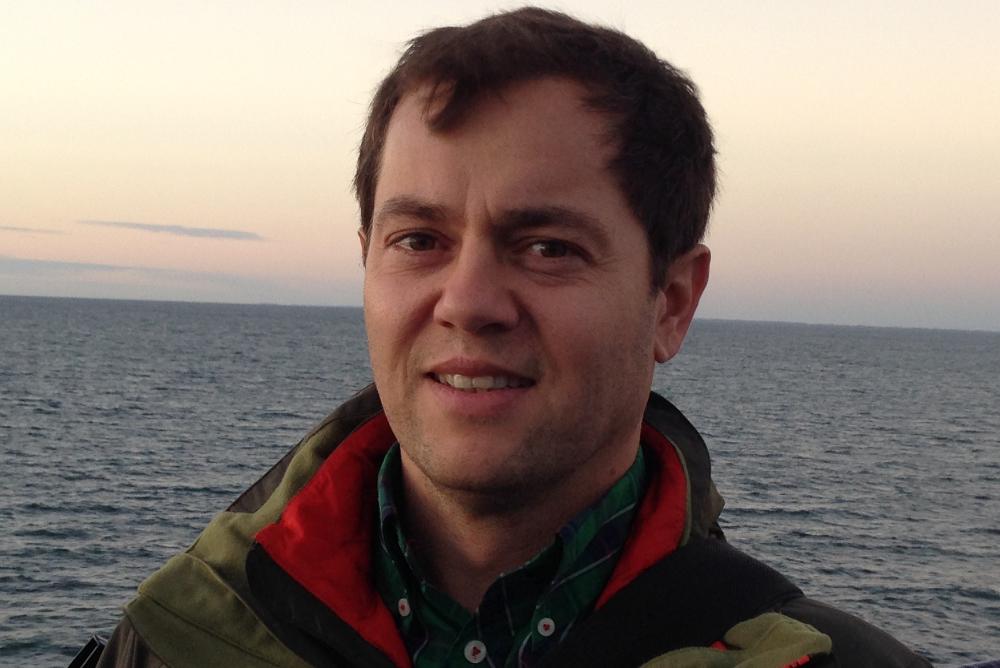Asian Centennial
[PAST EVENT] Hindi Hauntology in Post-Liberalization Kolkata by Rahul Bjørn Parson
Location
Zoom - please registerAccess & Features
- Open to the public
- Registration/RSVP

Kolkata’s others are largely marked by religious, regional, and linguistic difference, namely as non-Bengali in language and ethnicity. Therefore, Hindi-Urdu speakers (mostly Marwari and Bihari) are seen as permanent outsiders even after generations in Bengal. Hindi and Urdu narratives perform their belonging to Kolkata by consistently exploring the deep temporalities of urban spaces and summoning the specters of bygone Calcuttas and Kalkattas. Their literary mappings calibrate the metric of historical imagination, as the narrator of Alka Saraogi’s Kalikath?: Via Bypass (1998) says explicitly, re-centering and recovering minor or lost figures of the past as agents of history and ghosts of futures canceled. The talk will explore Hindi and Urdu literary conjurings of Kolkata’s diversity of people and times, the alterity of deterritorialization, and the “structure of feeling” across cultural texts that confront and denature India’s post-1991 neoliberal political economy and the concomitant ascendance of Hindu nationalism. Contemporary Kolkatan Hindi and Urdu diagnoses the current condition as one in which the present has given up on the future, and therefore relics and ghosts of the future are to be found in the unactivated potentials of the past (Mark Fisher 2013). This talk situates Hindi within literary trends in multi-lingual Kolkata in order to make visible the “deeper motives” of Bhasha (vernacular) literature vis-à-vis the new political and cultural coordinates of contemporary India.
Rahul Bjørn Parson received an MA and PhD from UC Berkeley, with a specialization in Modern Hindi literature. Before returning to Berkeley in 2021, he served as an Assistant Professor of Hindi and Urdu at CU Boulder and a Postdoctoral Researcher at Max-Weber-Kolleg, Universität Erfurt, Germany. Dr. Parson’s area of specialization is Hindi literature and literary history, with a particular emphasis on Hindi movements in Bengal. His book project, Confluences at the End of the Ganges: Modernity, Migration and Hindi Literature in Kolkata, fills in the Bengal portion of the map of Hindi studies and explores the literatures of displaced and migrant peoples in South Asia.
***please register for this event by sending email to [[mbvantassel]].
Contact
[[mbvantassel]]
